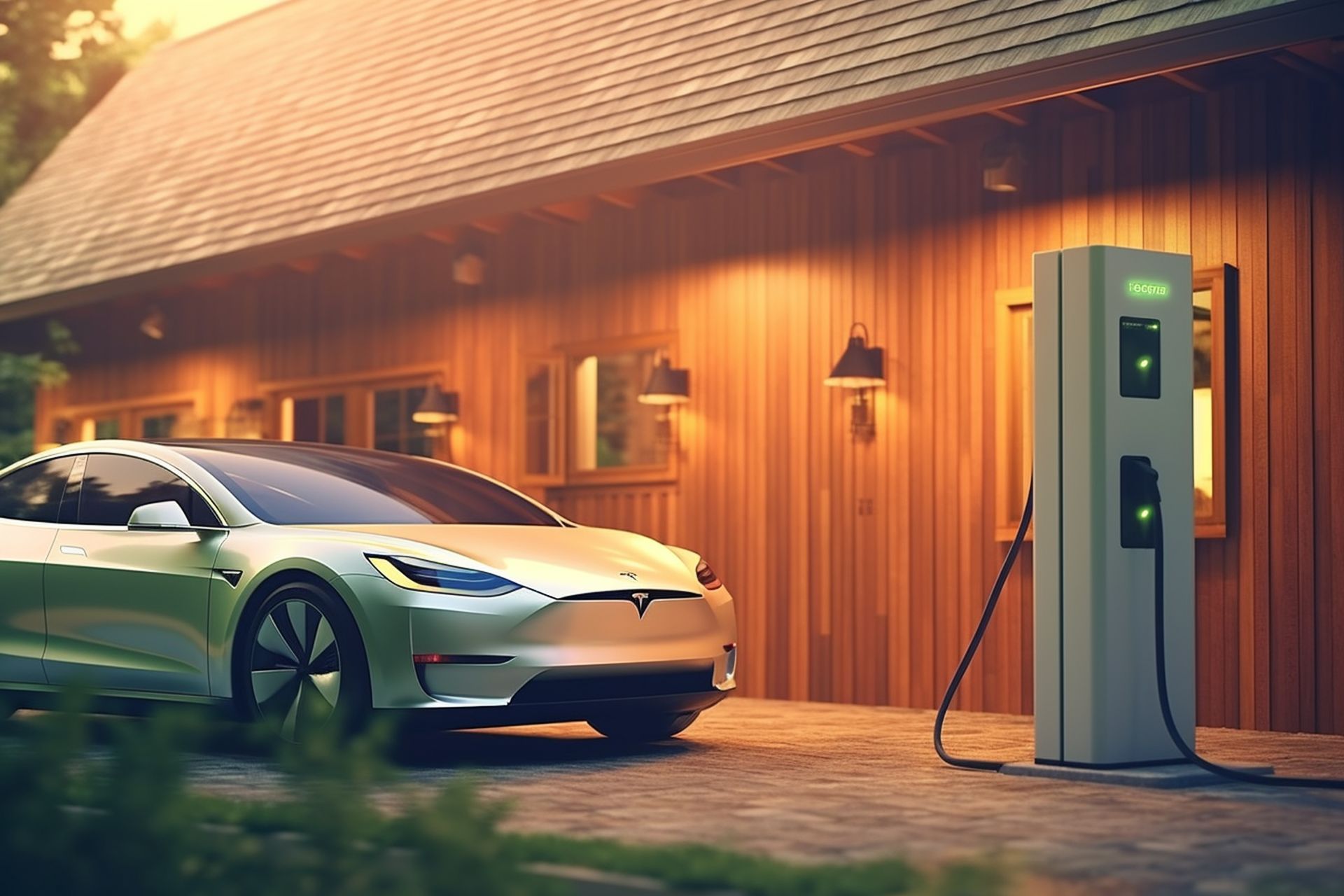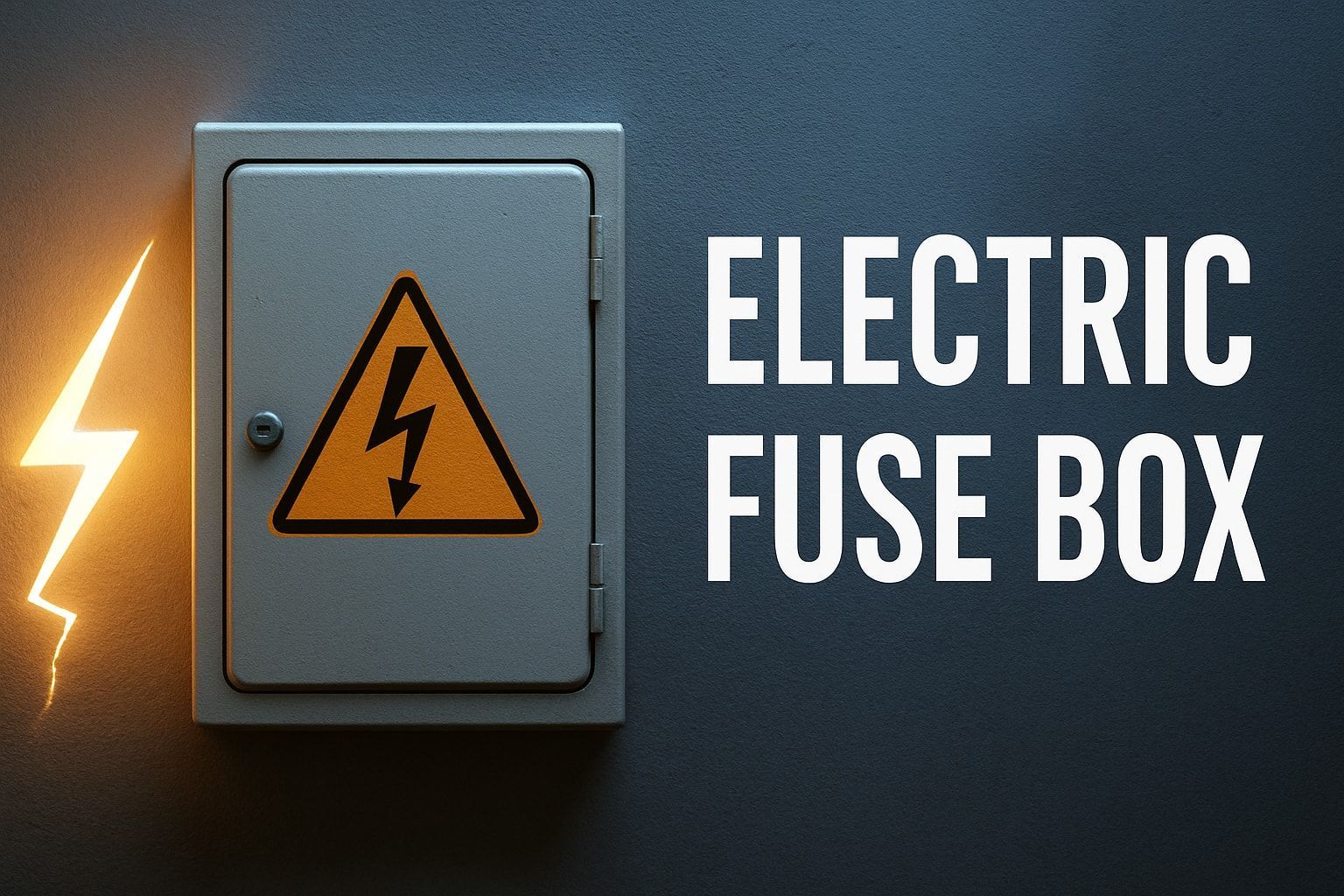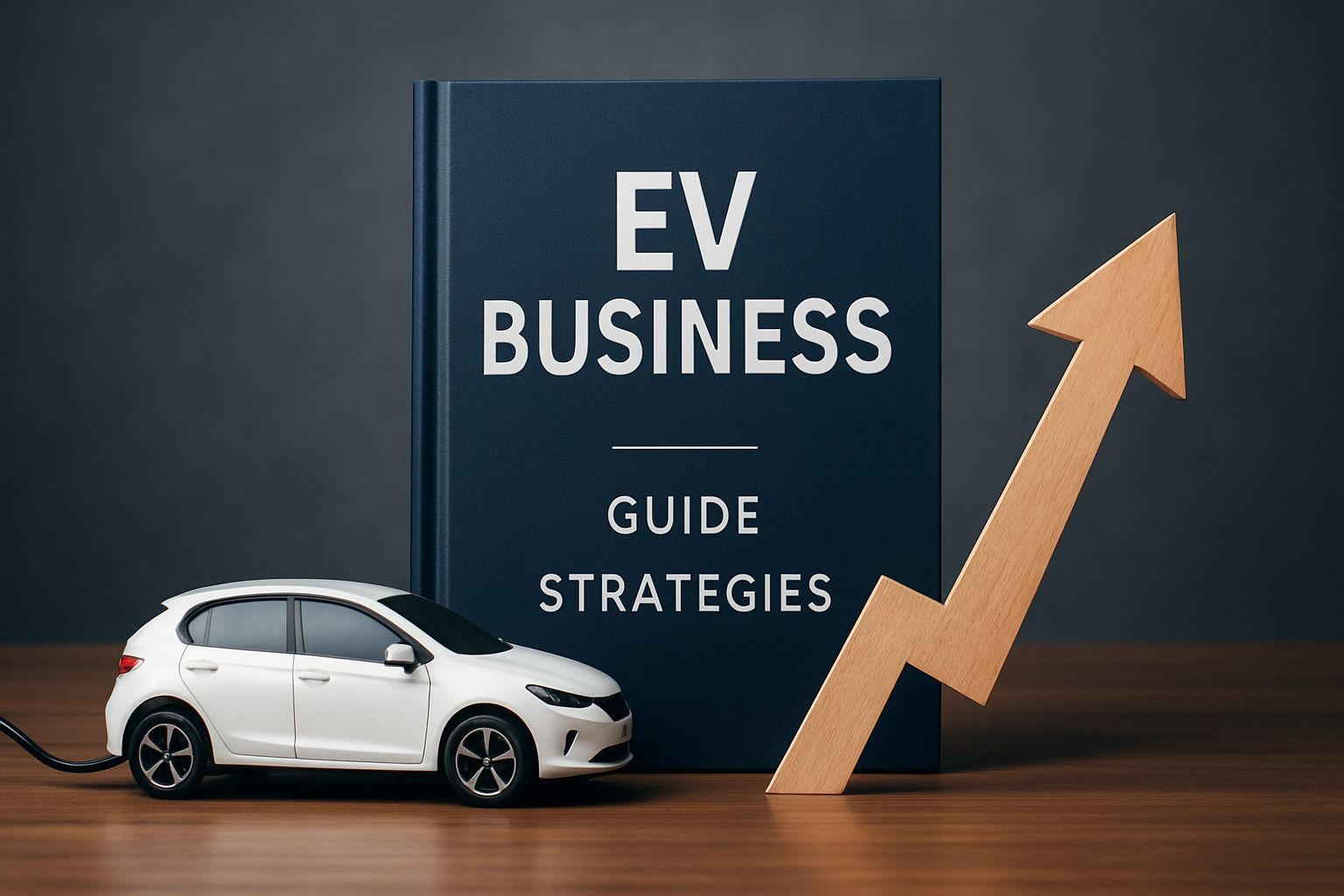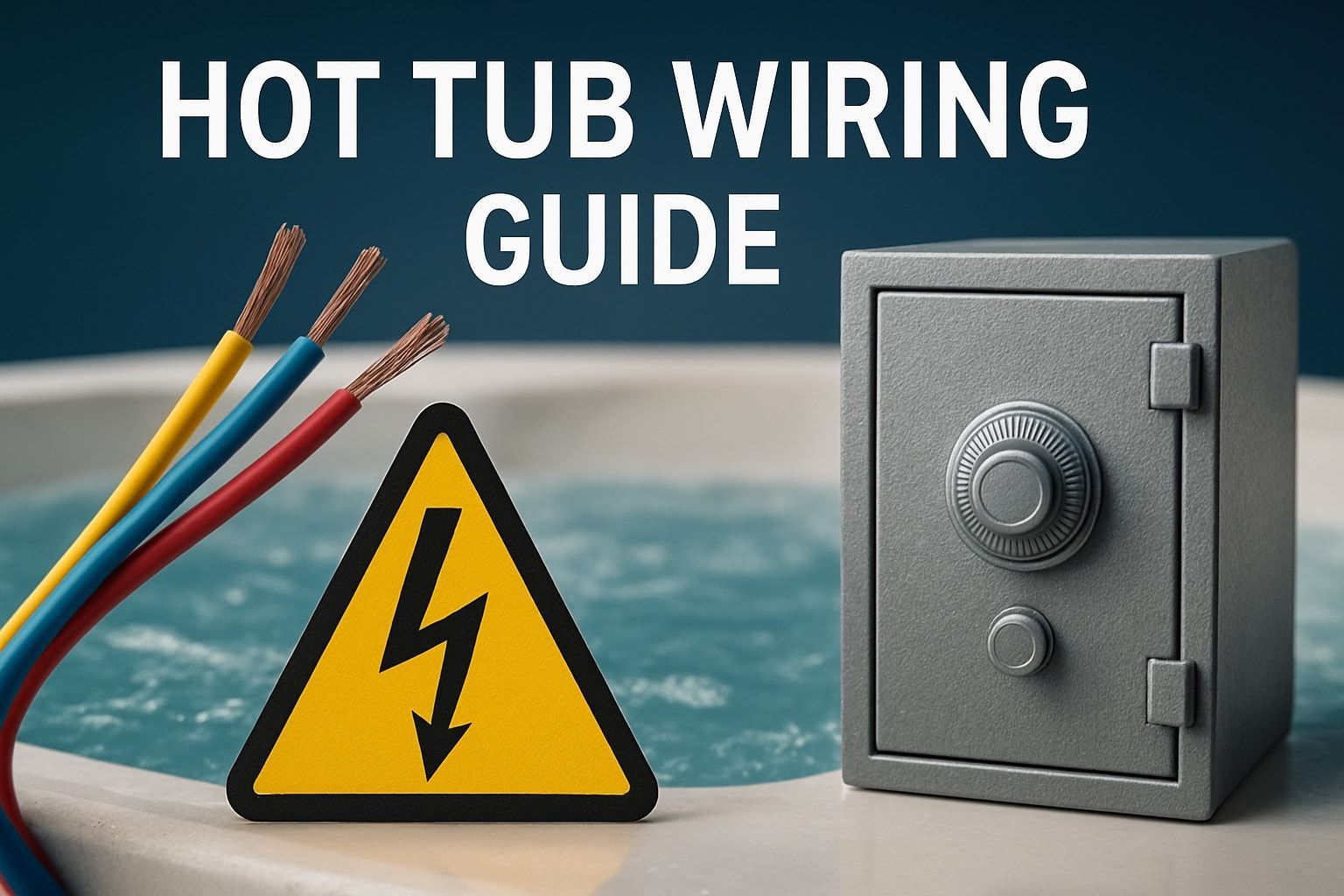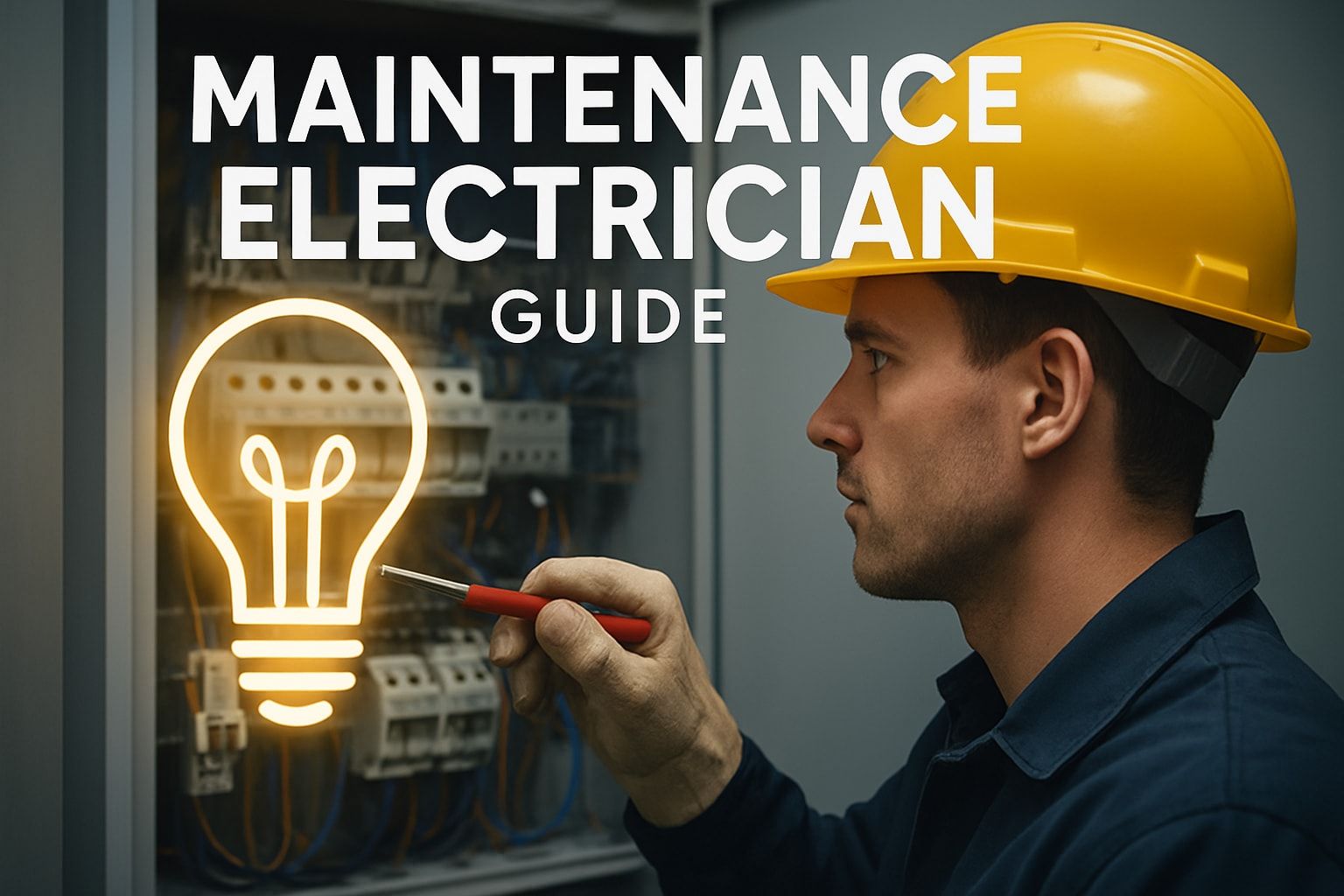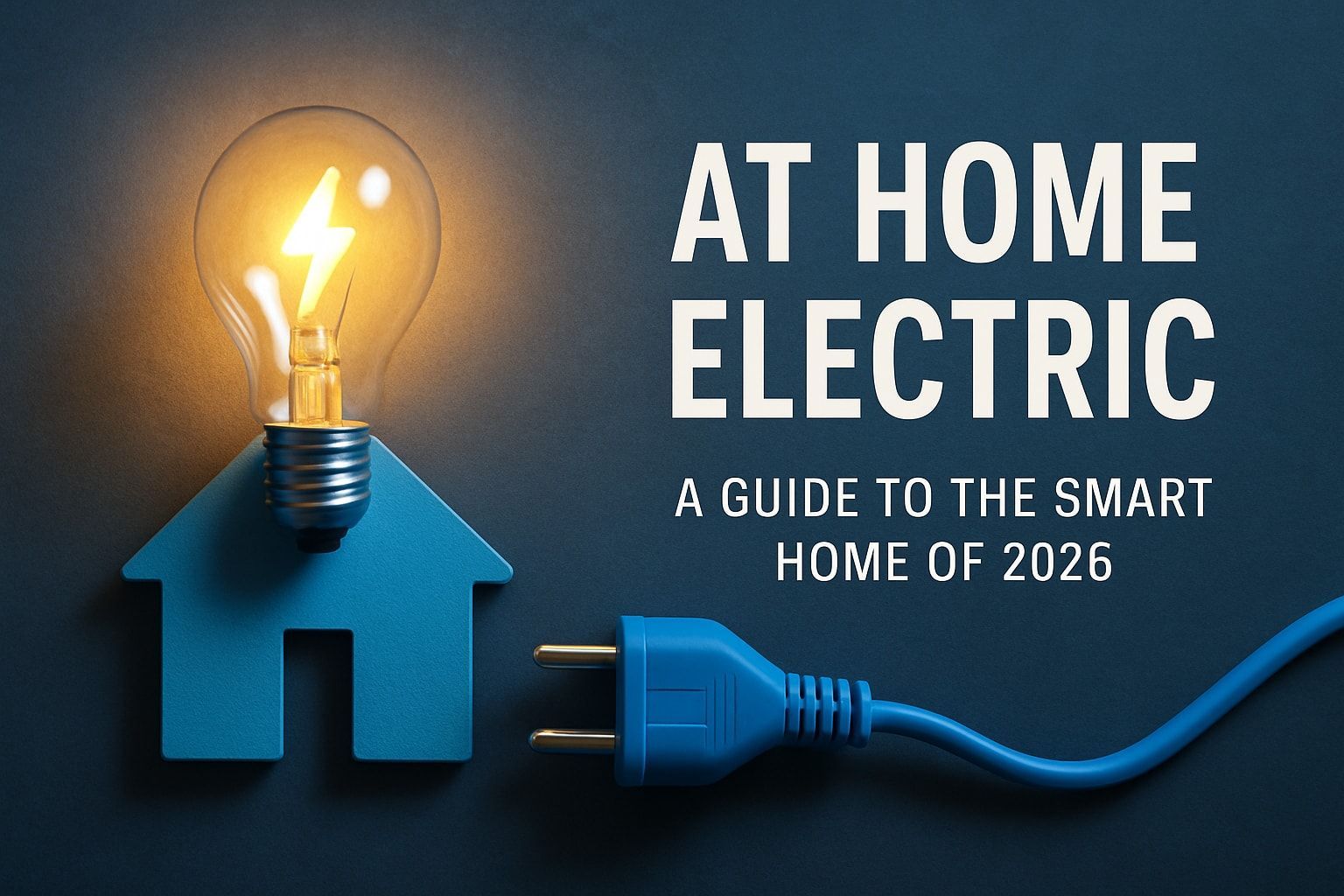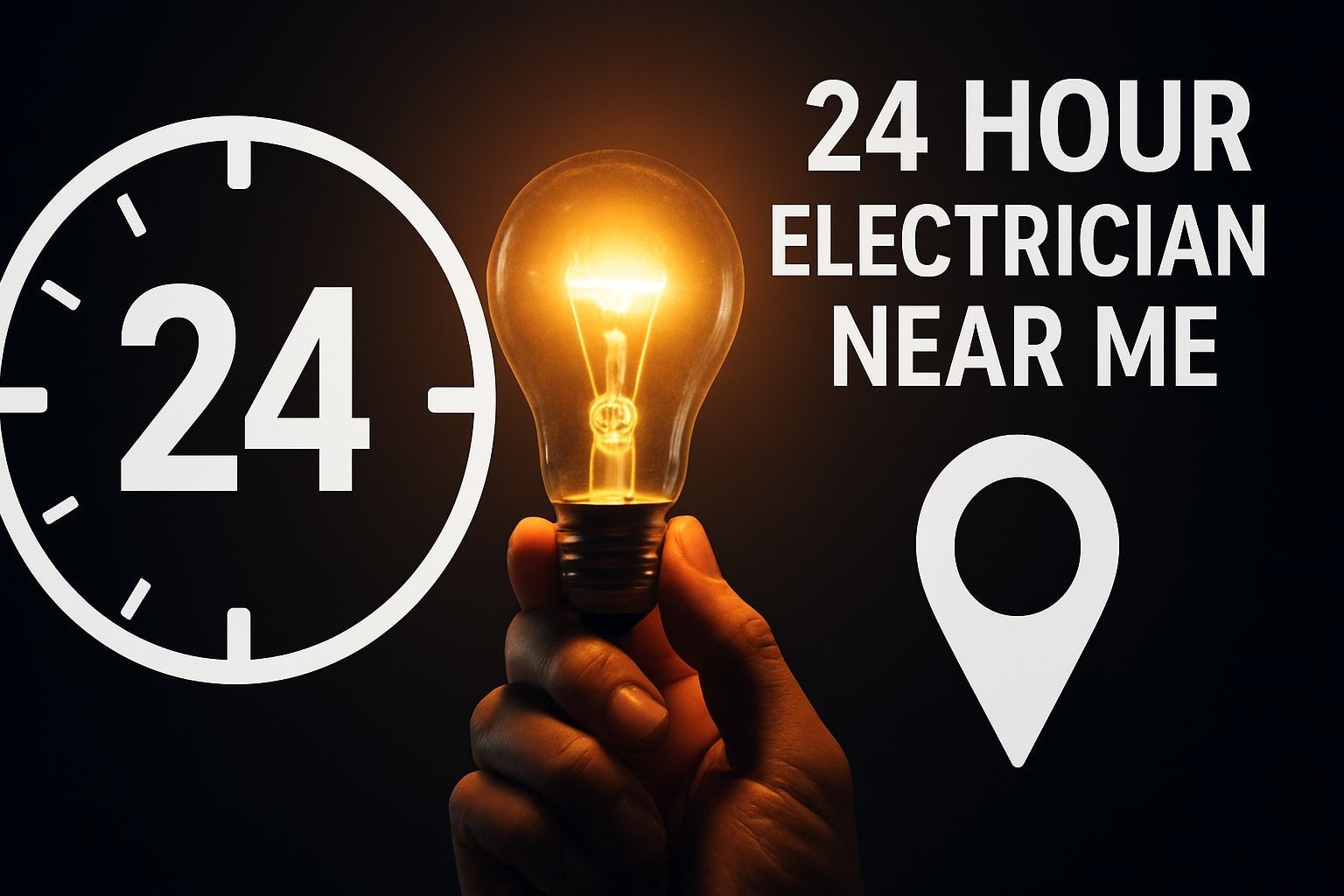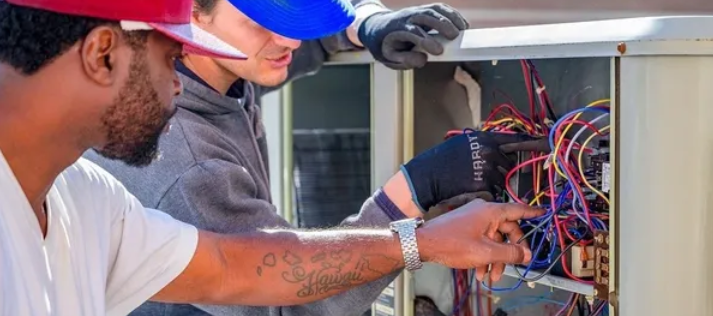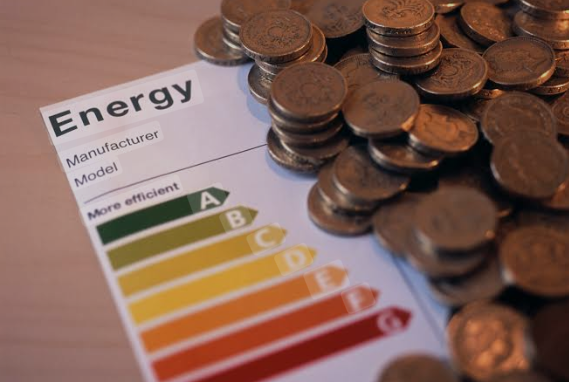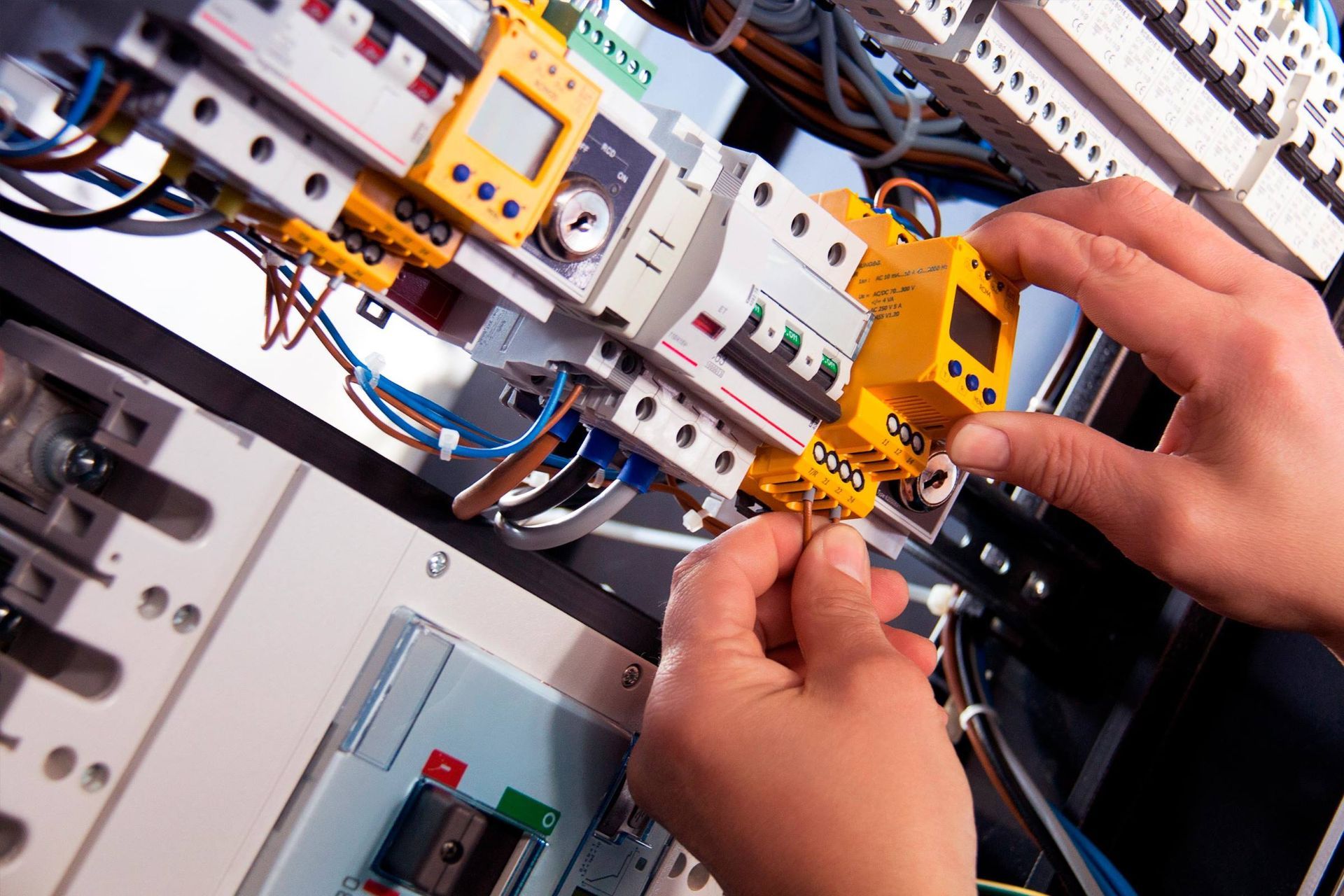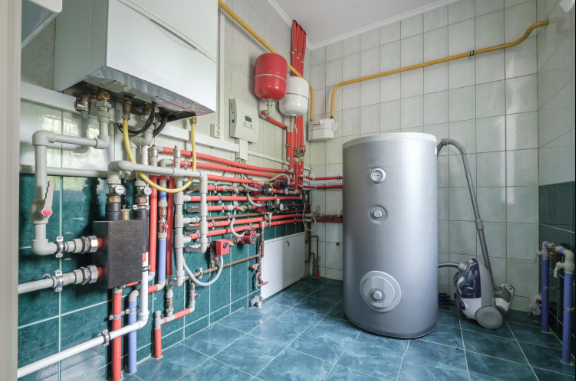EV Charger Installations at Home: What You Need to Know
What you Need to Know About Bringing EV Charging to Your Home
Understanding Your Home EV Charging Options
As electric vehicles continue to grow in popularity across Toronto and the GTA, more homeowners are looking to install dedicated EV charging stations. Having a home charging solution gives you the convenience of waking up to a fully charged vehicle every morning, eliminating the need to search for public charging stations. At BradCon Electrical, we've helped countless homeowners throughout Toronto make the switch to electric by installing reliable, efficient charging systems tailored to their specific needs.
Before diving into an installation, it's important to understand your options and what's involved in the process. The right setup depends on your vehicle, electrical system capacity, and daily driving habits. Let's explore what you need to know about bringing EV charging to your home.
Types of Home EV Chargers
Not all EV chargers are created equal. The type you choose will significantly impact your charging speed and installation requirements:
Level 1 Charging (120V)
Level 1 chargers use your standard home outlets (120V) and typically come with your vehicle. While they're the simplest option requiring no installation, they're also the slowest:
- Charging Speed: About 3-5 miles of range per hour
- Installation: No installation required – plugs into standard outlets
- Best For: Hybrid vehicles or EVs with smaller batteries when overnight charging is sufficient
- Limitations: Extremely slow charging – a full charge can take 20+ hours depending on your vehicle's battery capacity
Level 2 Charging (240V)
Level 2 chargers are what most EV owners choose for home installation. They operate at 240V (similar to your dryer or oven) and offer significantly faster charging:
- Charging Speed: 12-60 miles of range per hour, depending on the amperage
- Installation: Requires professional installation by a licensed electrician
- Best For: Daily commuters who need reliable, faster charging
- Considerations:
May require electrical panel upgrades in older homes
Assessing Your Home's Electrical Capacity
Before installing a Level 2 charger, it's crucial to evaluate your home's electrical system. This assessment determines whether your existing service can handle the additional load or if upgrades are needed.
Electrical Panel Evaluation
The first consideration is your electrical panel's capacity:
- 200-amp service: Usually sufficient for a Level 2 charger without modifications
- 100-amp service: May require careful load management or panel upgrades
- 60-amp service: Will almost certainly require an electrical service upgrade
Many homes in Toronto, especially older properties, have 100-amp electrical service. Adding a Level 2 charger (which can draw 30-50 amps) might push your electrical system beyond its limits if multiple high-demand appliances run simultaneously.
The Panel Upgrade Option
Upgrading your electrical panel is one solution if your current service can't support an EV charger. This involves:
- Replacing your existing panel with one that has higher capacity
- Potentially upgrading the service line from the utility
- Getting permits and inspections from the Electrical Safety Authority (ESA)
While effective, panel upgrades can be costly ($2,500-$5,000+) and sometimes involve coordinating with your utility company for service line modifications.
The EVEMS Alternative: Smart Power Management
A more cost-effective alternative to a panel upgrade is installing an Electric Vehicle Energy Management System (EVEMS). This innovative technology has become increasingly popular for Toronto homeowners with limited electrical capacity.
What is an EVEMS?
An EVEMS acts as an intelligent power manager between your electrical panel and EV charger. It constantly monitors your home's overall electricity usage and adjusts the power delivered to your EV charger accordingly.
Key Benefits of EVEMS Solutions:
- Avoid costly panel upgrades: Install a Level 2 charger on existing 100A service without upgrading your entire electrical system
- Dynamic power sharing: Automatically reduces charging speed when other high-demand appliances are running
- Maximized charging: Delivers full power to your EV charger when household demand is low
- Safety protection: Prevents circuit overloads and breaker trips
How EVEMS Works
The system uses current sensors installed at your electrical panel to monitor real-time power consumption. When it detects that your home is approaching its electrical capacity limit (for example, when you're using the oven, air conditioner, and dryer simultaneously), it temporarily reduces power to the EV charger. Once those appliances cycle off, full power returns to the charger.
This seamless power management ensures your home stays within its electrical service capacity while still providing efficient EV charging. For most homeowners, the reduced charging periods have minimal impact on overall charging time, especially for overnight charging.
Installation Process: What to Expect
When you work with BradCon Electrical for your EV charger installation, here's what the process typically looks like:
1. Initial Assessment
Our technicians will conduct a thorough evaluation of your:
- Electrical panel capacity and available space
- Distance from panel to desired charger location
- Current electrical load patterns in your home
- Vehicle charging requirements
2. Customized Recommendations
Based on this assessment, we'll recommend:
- The most appropriate charger type for your needs
- Whether you need a panel upgrade or if an EVEMS would be suitable
- Optimal charger placement for convenience and cost-effectiveness
3. Professional Installation
Our certified electricians handle every aspect of the installation:
- Obtaining necessary permits
- Installing new circuits from your panel
- Mounting and connecting the charging station
- Setting up any smart features or control systems
- Thoroughly testing the system for safety and proper operation
4. Final Inspection and Education
After installation:
- We arrange for ESA inspection to ensure everything meets code requirements
- We walk you through how to use your new charging station
- We provide documentation for any warranty registrations or potential rebate applications
Smart Charging Features to Consider
Modern EV chargers offer more than just basic charging. Consider these smart features when selecting your home charger:
- Wi-Fi connectivity: Control and monitor charging remotely through smartphone apps
- Scheduling: Set specific charging times to take advantage of lower electricity rates
- Power adjustment: Change charging speed based on your needs
- Energy monitoring: Track electricity usage and costs associated with charging
- Access control: Prevent unauthorized use of your charger
Cost Considerations for Home EV Charger Installation
The total cost of installing a home EV charger depends on several factors:
Equipment Costs
- Level 2 chargers: $500-$1,500 depending on features and quality
- EVEMS systems: $800-$1,500 for the control unit
Installation Costs
- Basic installation (short run, no complications): $800-$1,200
- Complex installation (long wire runs, wall penetrations): $1,200-$2,500
- Panel upgrades (if necessary): $2,500-$5,000+
- EVEMS installation: Additional $400-$600 for setup and configuration
Ongoing Costs
- Increased electricity bills (offset by savings on gasoline)
- Potential demand charges depending on your utility rate structure
- Minimal maintenance costs (chargers are generally very reliable)
Rebates and Incentives for Ontario Homeowners
While Ontario currently has limited provincial rebates for residential EV charger installations as of 2025, some opportunities exist for homeowners:
- Federal incentives: The Zero-Emission Vehicles Infrastructure Program (ZEVIP) has been paused as of January 2025, but future iterations may become available
- Utility programs: Some local utilities offer incentives for smart charging programs
- EV manufacturer incentives: Some vehicle manufacturers partner with charger companies to provide discounts
- Tax benefits: Potential tax deductions for home business use
The incentive landscape changes frequently, so it's worth checking with current programs when planning your installation.
Making the Right Choice for Your Home
Selecting the right charging solution depends on several factors specific to your situation:
Daily Driving Distance
- Less than 50 km daily: Level 1 might be sufficient
- 50-150 km daily: Standard Level 2 (30-32A) recommended
- 150+ km daily or multiple EVs: High-amperage Level 2 (40-50A) advisable
Your Electrical Capacity
- 200A service: Typically supports direct Level 2 installation
- 100A service: May require EVEMS or careful load calculations
- 60A service: Will likely need service upgrade or significant load management
Vehicle Compatibility
- Check your vehicle's onboard charger capacity (usually 7.2 kW or 11 kW for most EVs)
- Ensure the charger you select matches your vehicle's capabilities
Future Plans
- Consider future-proofing with a higher capacity charger if you might change vehicles
- Plan for potential additional EVs in your household
Final Thoughts: Powering Your Electric Future
Installing a home EV charger is a significant step toward embracing clean transportation technology. With the right system in place, charging your electric vehicle becomes as simple and convenient as charging your smartphone – just plug it in when you get home and it's ready in the morning.
At BradCon Electrical, we're committed to helping Toronto and GTA homeowners make this transition smoothly and safely. Our licensed electricians understand both the technical requirements of EV charging systems and the specific challenges of Toronto's diverse housing stock – from century-old homes in established neighborhoods to modern suburban developments.
Whether you need a simple Level 2 charger installation, a comprehensive electrical service upgrade, or a smart EVEMS solution to maximize your existing electrical capacity, we have the expertise to deliver a reliable charging solution tailored to your needs.
Ready to explore home EV charging options? Contact BradCon Electrical at (416) 881-4212 for a consultation and free estimate on your EV charger installation. Our team will help you navigate the technical considerations, equipment options, and potential rebates to create the perfect charging solution for your electric vehicle.
Frequently Asked Questions
How long does an EV charger installation typically take?
Most standard Level 2 charger installations can be completed in 3-5 hours. However, installations requiring panel upgrades or extensive wire runs may take a full day or require multiple visits. During your initial consultation, we'll provide a specific timeline based on your home's configuration.
Will installing an EV charger increase my home insurance rates?
Most insurance companies don't increase rates specifically for EV charger installations, provided the work is done by a licensed electrician with proper permits and inspections. However, it's always best to inform your insurance provider about significant electrical modifications to your home.
Can I install an EV charger in my condo or apartment?
Condo and apartment installations involve additional considerations, including board approvals, shared electrical systems, and parking arrangements. While more complex than single-family home installations, BradCon Electrical has experience working with condo boards and property managers to implement charging solutions in multi-unit buildings. Special load management systems like EVEMS are often ideal for these situations.
How do I know if my electrical panel needs upgrading for an EV charger?
The need for a panel upgrade depends on your current service size (typically 100A or 200A), the available space in your panel, and your household's overall electrical demand. Our electricians perform a thorough load calculation during the initial assessment to determine if your existing panel can safely support an EV charger or if an EVEMS solution would be more appropriate.

